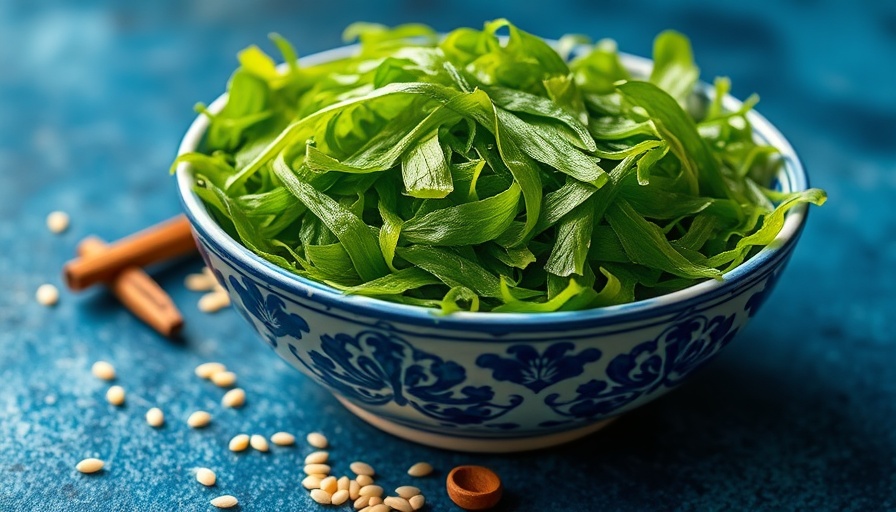
Understanding Iodine: The Vital Nutrient for Thyroid Health
Iodine plays a critical role in maintaining healthy thyroid function, supporting metabolism, and modulating hormones. While many may not consider iodine a prominent nutrient in their daily routine, understanding its sources and importance is essential for overall well-being.
Why Not All Iodine Sources Are Equal
In the United States, dairy milk accounts for a significant portion of daily iodine intake, providing approximately a quarter to half of the recommended allowance. This iodine content, however, doesn't stem from the milk itself but largely comes from iodine-based disinfectants applied to dairy cows during milking. As these disinfectants leach into the milk, it's crucial for consumers to understand where their iodine comes from. Unfortunately, plant-based alternatives like soy milk typically lack proper iodine fortification. Therefore, people opting for dairy alternatives must actively seek iodine-rich foods to ensure adequate intake.
The Sea’s Bounty: A Natural Iodine Source
Among the richest sources of iodine are sea vegetables like nori, dulse, and arame. A mere gram of these seaweeds can contain up to 2,000% of the daily iodine requirement! These nutrient-dense plants not only contribute iodine but also offer a host of other vitamins and minerals beneficial for health. However, caution is advised—certain types of seaweed such as kelp can lead to excessive iodine intake, potentially causing issues like hyperthyroidism. Intermittent consumption of sea vegetables can provide ample iodine while minimizing risks associated with a high intake.
Soy and Thyroid Function: Clearing the Confusion
For those who enjoy soy products, it's worth noting the mixed messages around soy's influence on thyroid health. Historical concerns about soy causing thyroid enlargement were largely based on findings with raw soybeans. However, centuries of soy consumption in Asian diets hasn't manifested in widespread thyroid problems, suggesting it's safe for those with normal thyroid function. Still, people on thyroid medications should be cautious, as soy may impact the absorption of these drugs, reinforcing the need for a balanced iodine intake.
Creating Awareness: The Importance of Iodine
About 53% of household table salt is iodized, but many processed foods lack iodine altogether. This underscores a greater public health concern; dietary salt is linked to several health risks, even posing a higher death risk than inadequate vegetable consumption. As health-minded individuals, it's essential to prioritize iodine—whether through iodized salt, sea vegetables, or fortified foods—to safeguard against deficiency.
Healthy Alternatives: Iodine-Rich Foods to Consider
Integrating iodine-rich foods into your diet can easily be achieved with simple lifestyle changes. In addition to sea vegetables, consider these options:
- Iodized Salt: A practical step in daily cooking.
- Fortified Foods: Look for iodized bread or cereals.
- Fish: Many varieties are also good iodine sources.
Carving Out a Healthier Path
Understanding the nuances of iodine intake empowers individuals to make informed dietary decisions. The knowledge surrounding iodine-rich foods and the role of nutrients in health can lead to sound dietary adjustments that promote sustained wellness.
Take control of your health journey by exploring iodine sources, especially if you follow a plant-based diet. Your thyroid—and the rest of your body—will thank you!
 Add Row
Add Row  Add
Add 




Write A Comment